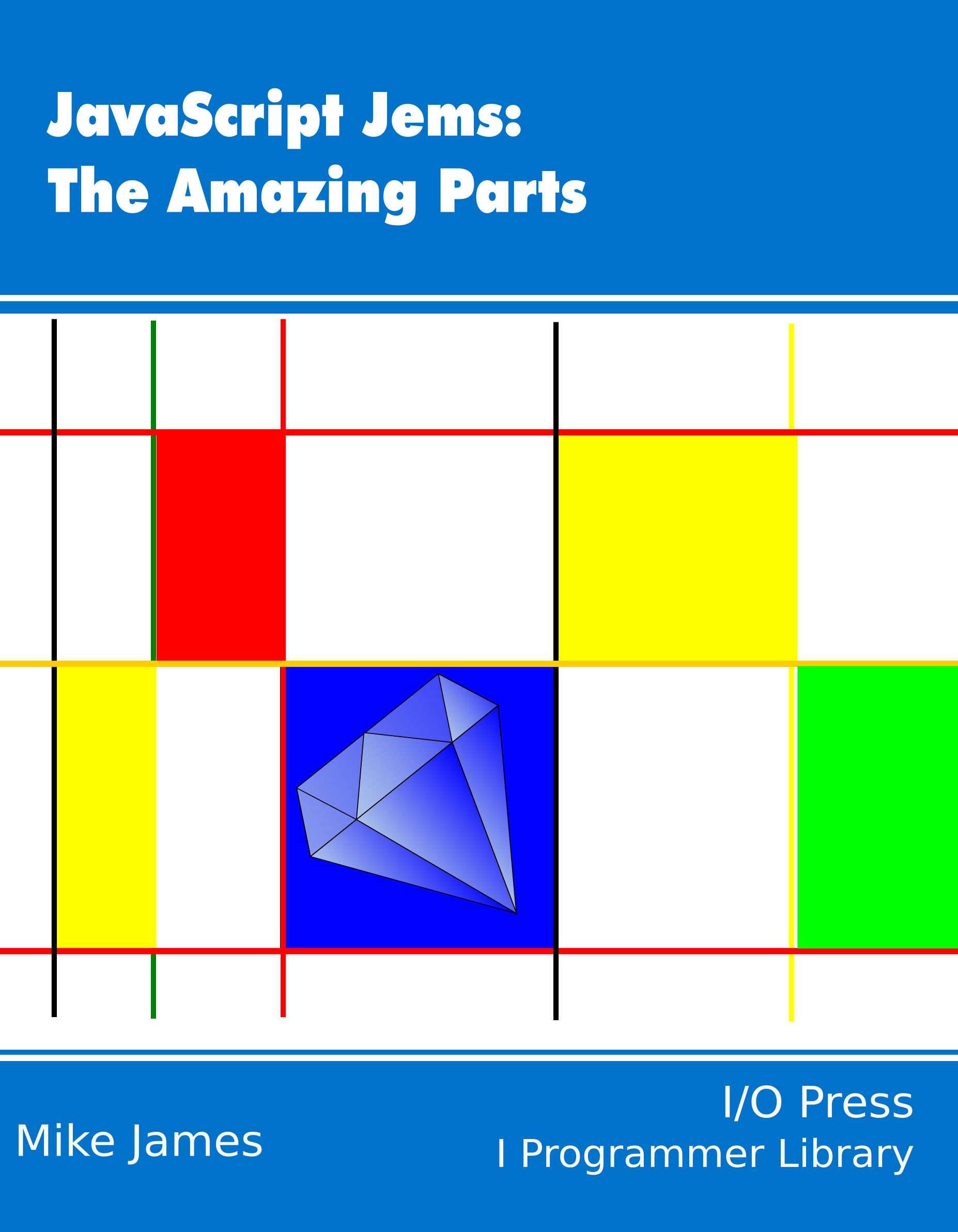| JavaScript Jems - Objects with Values |
| Written by Ian Elliot | |||||
| Thursday, 23 May 2019 | |||||
Page 4 of 4
Functions Versus ObjectsYou have a choice of associating a value with an object as in:
or you can define a function that does the same thing:
The difference is that the function has a natural way to accept arguments. For example, you can write:
but without defining it to be a function you can't write:
In other words, objects can simply represent a value or a state. That value or state can be manipulated by the methods that the object provides but it cannot be modified while it is being used in an expression. A function, on the other hand, represents a relationship between input data and the result. Notice also that, while a function is an object, not all objects are functions and in this sense a function is a "bigger" object. When should you consider using a value associated with an object? Some might reply "never" as it isn't a common pattern and could be confusing. However, if an object represents data or something with state then it is a good approach. Consider the JavaScript date object:
The toString function returns the number of milliseconds since the date epoch. A Date object is an ideal example of when to use an object as a value. Now that you have seen how to create default values you can think up your own uses for them. In some situations it can simplify the use of your objects by allowing them to be used in expressions.
Now available as a book from your local Amazon.JavaScript Jems:
|
|||||
| Last Updated ( Tuesday, 06 August 2019 ) |

